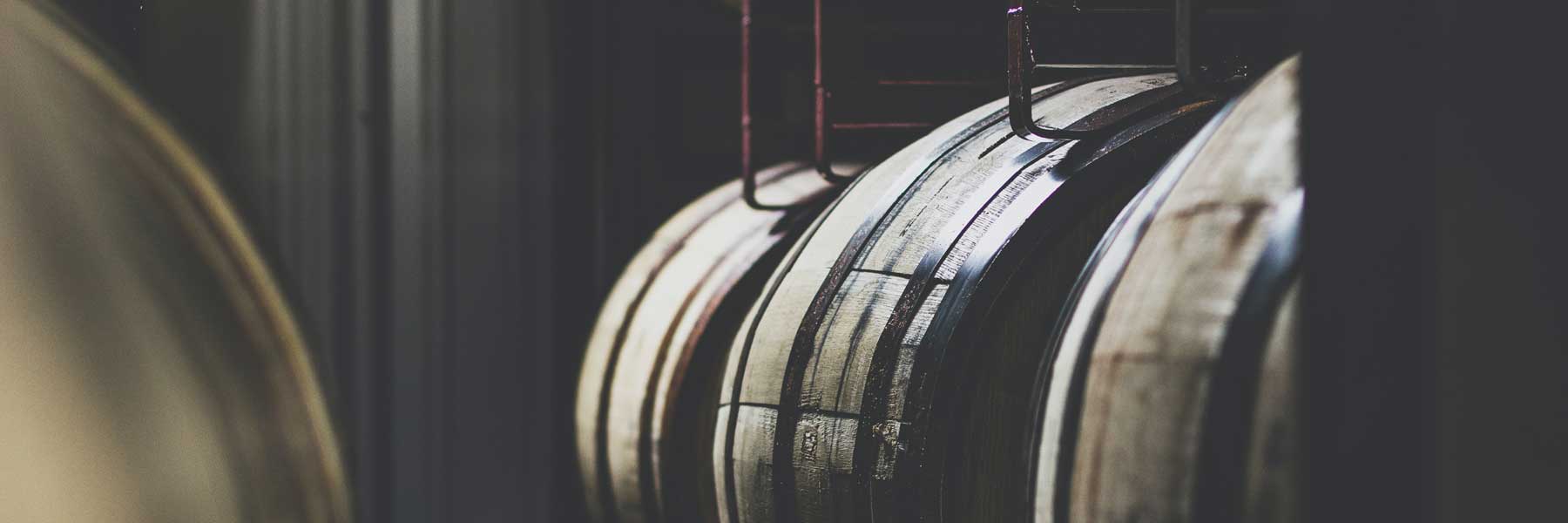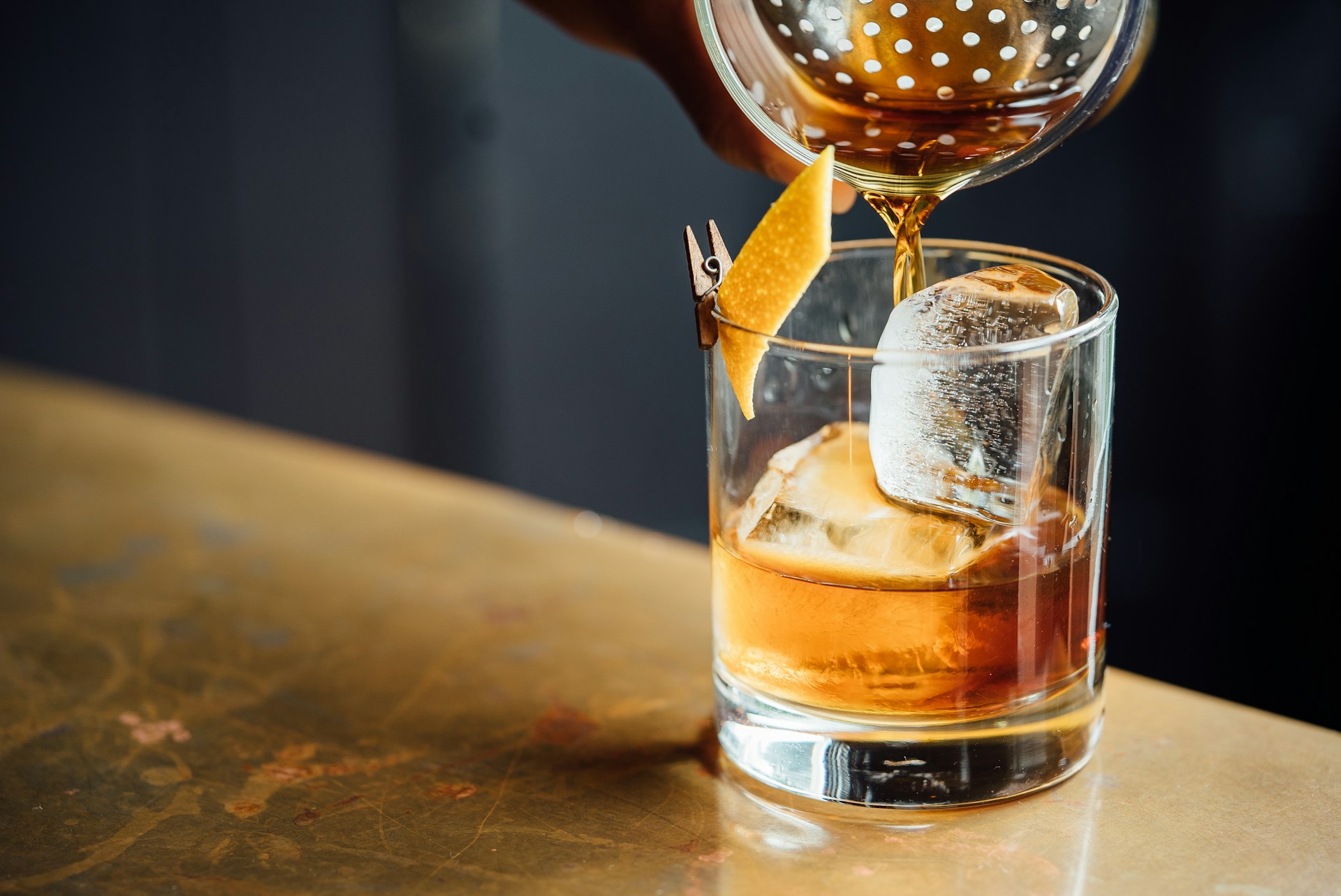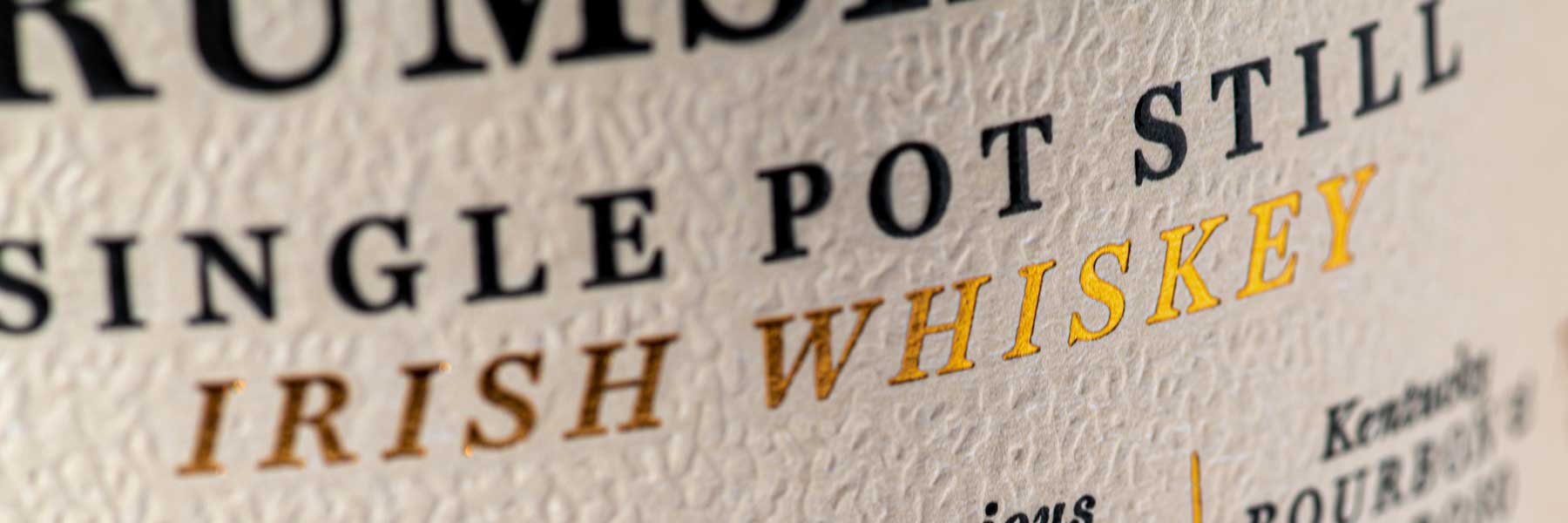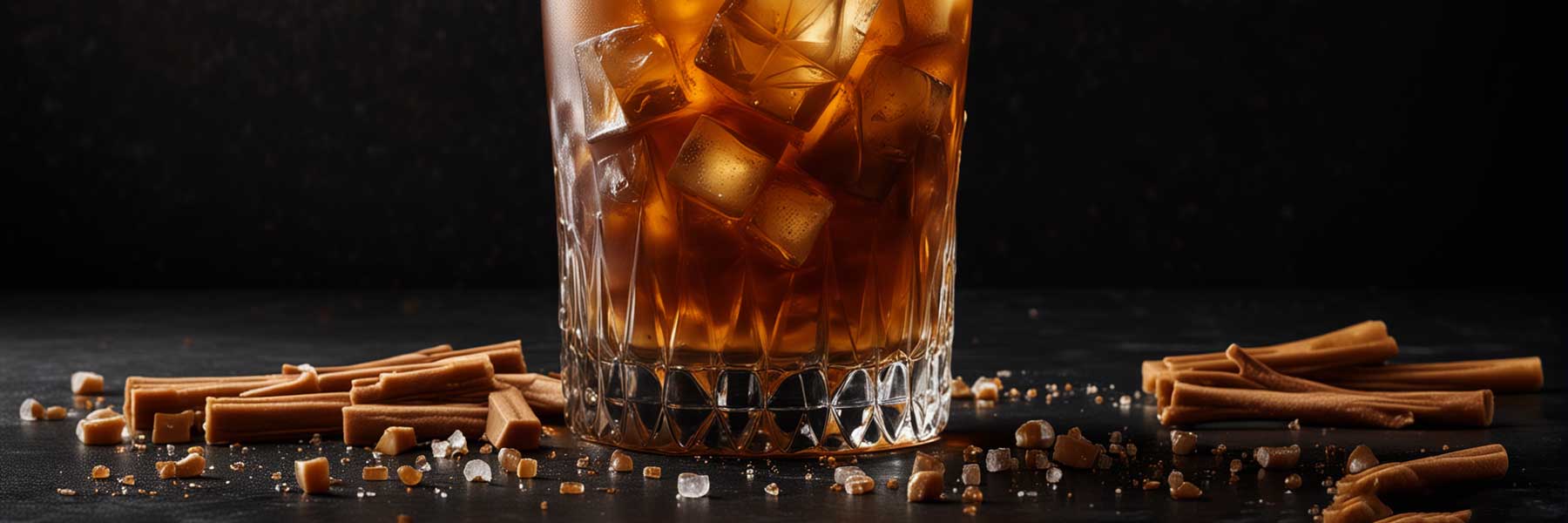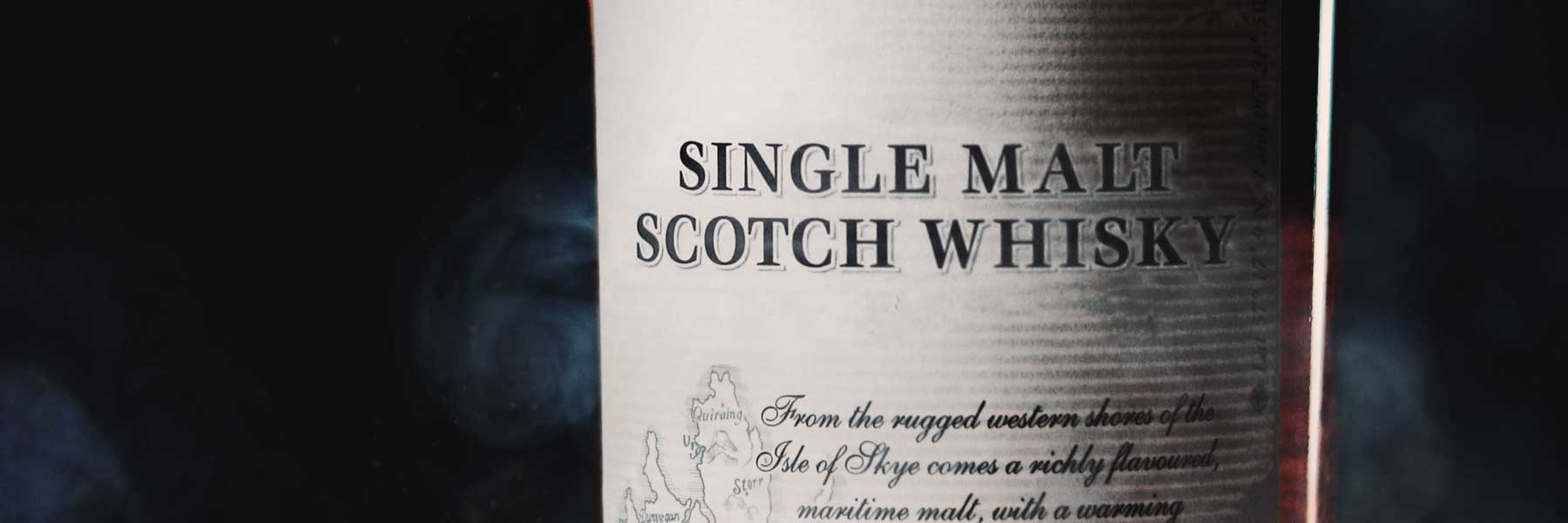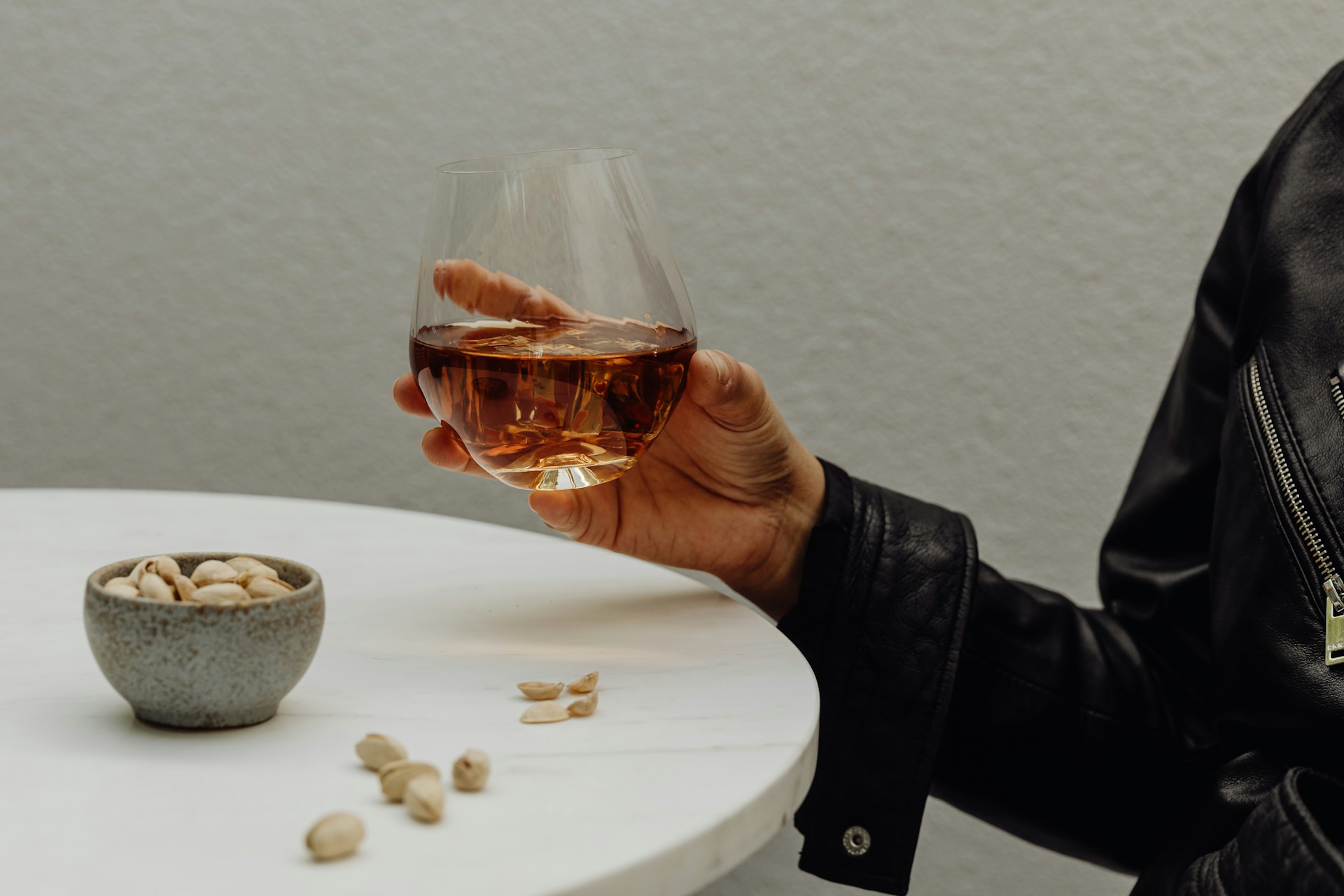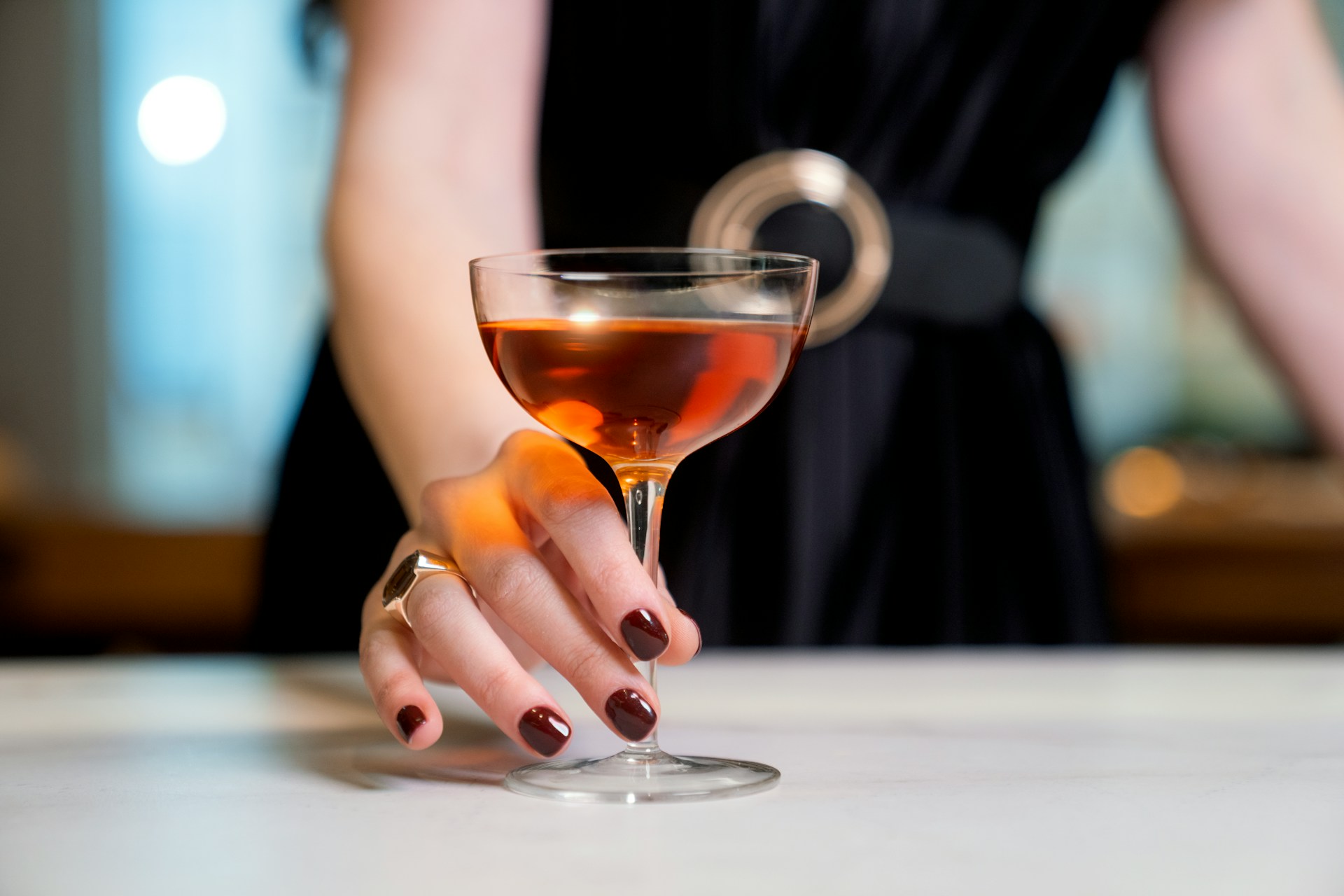Small Batch vs Single Barrel Whisky. What’s the difference?
New to whisky? Buying for a friend?
Finding the perfect bottle can be an exciting but also daunting exercise.
There’s simply such a wide variety of options available. Sure, they all contain the same three basic ingredients, grain, water and yeast – but what’s the difference between small batch vs single barrel whisky ?
In this blog post, we’ll explore each type of whisky in detail, explaining their unique characteristics and making processes to help you decide which kind of whisky is best for you.
Let’s dive in.
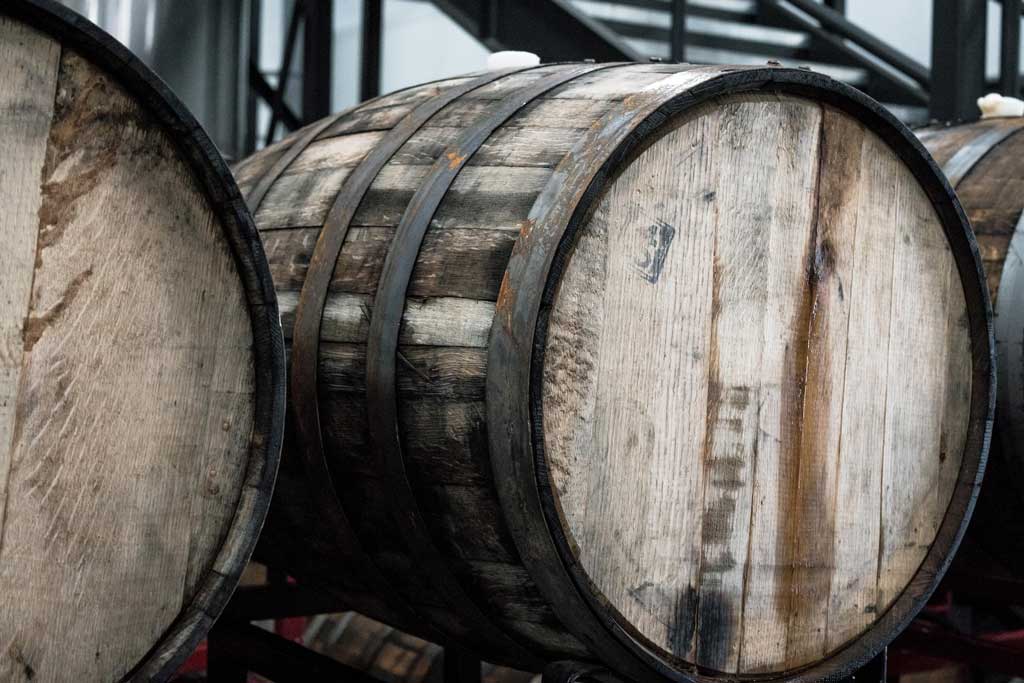
Is small batch and single barrel the same?
No. Small batch whisky is made from multiple barrels, whereas single barrel whisky comes from one single barrel. Generally, each of these whiskies is produced as a premium product and usually fetches a higher price tag. This is because individual barrels and their inherent whiskies are vetted and selected by the distiller for their superior characteristics.
To fully explain the difference between small batch vs single barrel, let’s go into a little more detail.
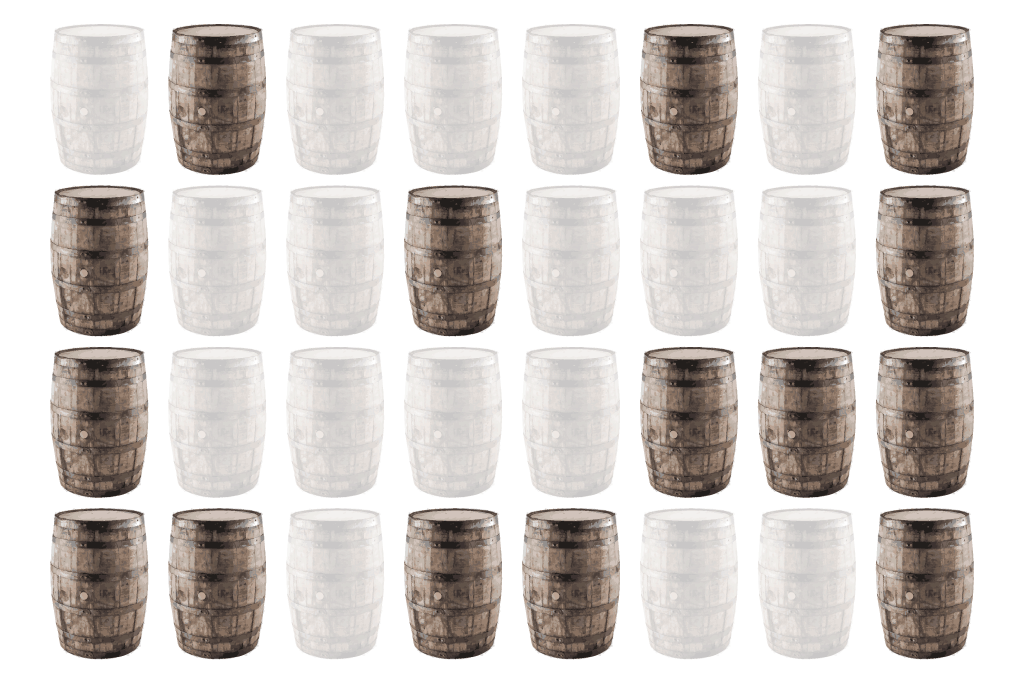
Small batch meaning
‘Small batch’ is usually an American term for whiskey or bourbon made from a combination of specifically selected barrels. Aimed as a premium iteration, selected barrels are chosen for their exemplary qualities and combined as an enhanced version of their finished spirit.
Broadly speaking, whiskey or bourbon is often made using numerous barrels of differing quality, colour, and sometimes age. At a large scale, this allows consistency and uniformity in a distillery’s output, using a broad mixture of whiskeys from a wide range of casks.
However, the number of barrels used to make small batch whiskey is much smaller and far more selective. (As little as 30 barrels, depending on the distillery and their desired outcome.) This concise blending process allows the distiller to create a whiskey that is generally better than what could be achieved from their usual process of mixing a much broader range of their casks.
Think ‘best of the best’ – combined.
The selection of different barrels is key when it comes to creating small batch whisky, as each barrel has its own distinctive character. Because no two barrels are the same, neither are the whiskeys within. The careful blending process allows the creation of something more special. By selecting a range of specific casks within their warehouse, distillers can craft an elevated whisky blend that would have otherwise been ‘lost’ in their wider pool.
The term ‘small batch’ remains undefined, as there is no legal definition or requirements for what makes it so. Various distilleries around the world including America and Scotland have used the term small batch to describe particular bottlings or limited edition ranges of their spirits.
Small batch whiskies are often also referred to as craft whiskies or ‘boutique’ whiskies due to the additional care and attention when selecting which barrels are blended. Furthermore, small batches can display tailored complexity in terms of aroma and flavour when compared to core collection or single barrel expressions. As such, they often provide an interesting alternative for whisky enthusiasts looking for something unique and exciting.
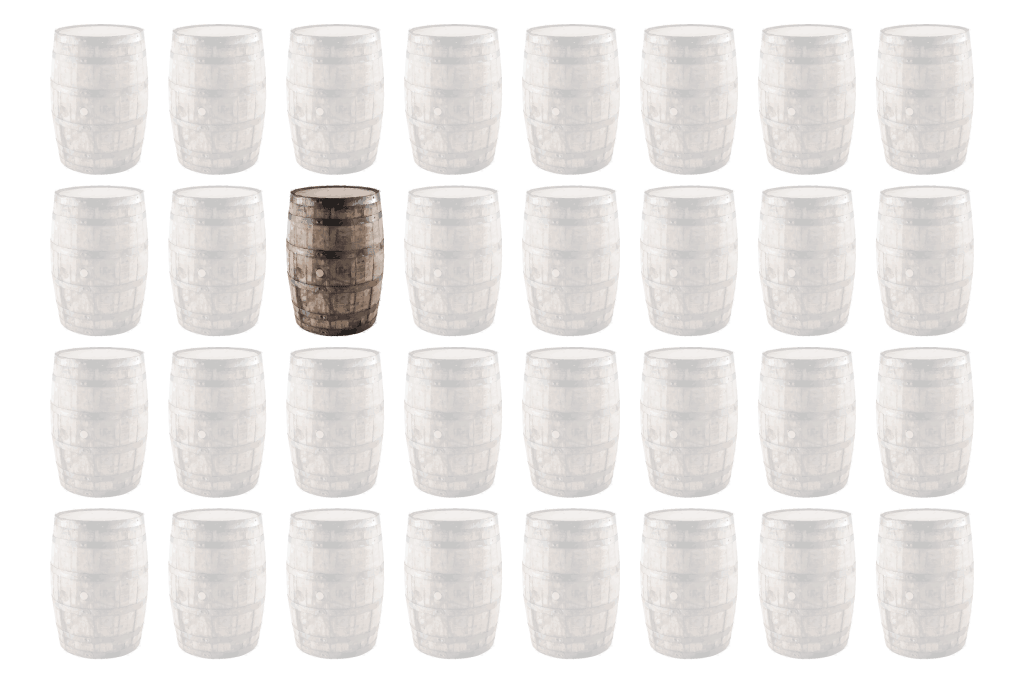
What is the meaning of single barrel?
In America ‘single barrel’ refers to a whiskey or bourbon which has been made and bottled directly from a single vessel. This means the whiskey hasn’t been mixed with others from other barrels.
In Scotland ‘single cask’ can mean one of two things. (1) A whisky has either only been made and matured using one cask. Or (2) a whisky has been matured in two or more consecutive casks without being mixed with other whiskies from other casks.
As you may have seen, ‘single barrel whiskey’ or ‘single cask whisky’ is generally more expensive than core-range bottles. This is due to the stringent hand selection of a particular barrel or cask which demonstrates exemplary colour, aroma, body and taste which exceeds or contrasts a distillery’s usual standards. Furthermore, single cask whisky is often more expensive as it is usually bottled at cask strength, thus being a higher ABV percentage which is taxed more heavily.
The selection process for single barrel whiskey follows the exacting stipulations of a master distiller. After a thorough examination and tasting, the spirit must be a particular flavour that makes it unique, standing out as an elite or rare example of what a distillery normally produces.
Is small batch or single barrel better?
Depending on your preferences, small-batch or single-barrel whiskey each have their nuances. By nature, small batch whisk(e)y is more likely to have a balanced and complex flavour profile due to the selective blending of multiple casks. Small batch bottles are also generally cheaper than single barrel whisk(e)y. Comparatively, single barrel whiskey or single cask whisky is limited to the complexities and character of its individual cask. Subsequently, single barrel may be less complex but can also be unusual, unique and rare by comparison to other core range bottles.
Deciding which is better between small batch and single barrel is a big question to answer. It largely depends on your preferences and the whisk(e)y in question. If you’re new to whisk(e)y drinking, small batch may be the better option as the flavour is more likely to be balanced thanks to the selective blend. However, if you’re looking for something more quirky or you’re a seasoned whisk(e)y drinker, a single barrel expression may be the better option.
Conclusion
Small batch is a premium signature blend of whisk(e)y from a small number of exemplary casks, artfully chosen for their superior characteristics by a master distiller. These spirits are mixed to create a ‘super blend’ of whisk(e)y which combines the best of each cask’s flavour profiles for a special ’boutique’ bottling. For this reason, small batch is a tailored style of whisk(e)y which has been produced with fewer casks and with more detailed attention than a distillery’s core offerings.
Single barrel is another type of premium whisk(e)y which comes only from a single barrel or cask. These spirits are stringently vetted and selected for their unique qualities and characteristics which can yield unusual or superior flavours in contrast to a distillery’s core range.
Hopefully, this article helped you understand the difference between small batch vs single barrel whisky. For your next investment, you can weigh the differences between these premium whiskies and decide which is best for you.
Sláinte.
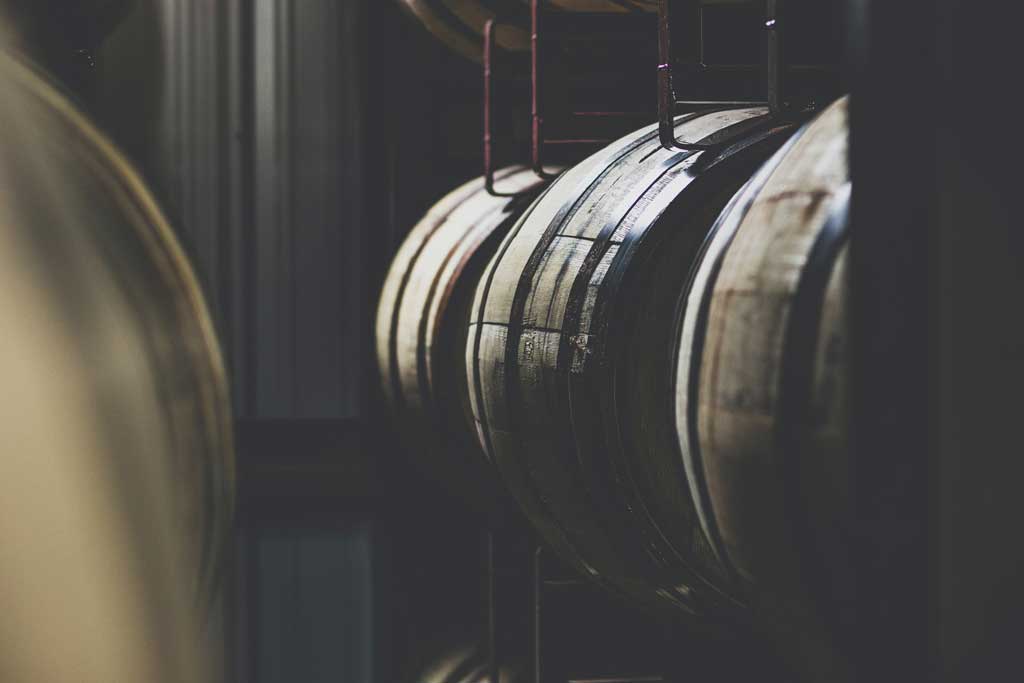
FAQ’s about Small Batch vs Single Barrel Whisky
Is single barrel a legal term?
In America, the Alcohol and Tobacco Tax and Trade Bureau (TTB) hasn’t yet legally defined the term single barrel. This means that distilleries aren’t held to any particular set of rules when it comes to bottling and selling whiskey which is described as single barrel.
In Scotland, the term ‘single cask’ also remains legally undefined. Scottish distilleries are therefore free to label and promote certain whiskies which they deem to be single cask.
What is the advantage of single barrel bourbon?
The advantage of single barrel bourbon is that it is unique to the barrel it was bottled from. Because no two barrels are the same, single barrel bourbons can display unique colour, aroma and flavour profiles by comparison to a distillery’s core range. Single barrel bourbons are hand-selected for their superior characteristics. This can make them unusual, rare and even collectable, especially if they are numbered or from a particular batch or year.
What makes a whiskey small batch?
Small batch whiskey is made from a small selection of exemplary casks which are carefully selected by the distillery’s master blender. Small batch whiskey is bottled with much more attention and detail than that of a distilleries core expressions, thus making it a premium offering.
Small batch can also be blended using a range of different cask types or ages to create a unique ‘super blend’ which combines the best qualities of each cask profile. This allows for a more tailored and honed whiskey than their core range of spirits which are usually mixed from a much wider range of casks.
Is small batch whiskey better?
The answer to this largely depends on your preferences and the whiskey in question. Small batch whiskey can be a more refined choice as it has been tailored and blended from a few select casks. Think of small batch as a more honed expression of a distillery; one that’s been more carefully curated. It isn’t necessarily better, but more attention and selectiveness have been implemented in the making process.
Do smaller barrels age faster?
Smaller barrels don’t age faster as time is absolute. However, whisk(e)y stored in small barrels/casks mature more quickly due to the increased exposure to the wood within the cask. As there is a higher wood-to-liquid ratio, the whisk(e)y absorbs colour and flavour at a faster rate than if were stored in a larger vessel.
Barrel size, material, age and charring all play a role in how a whisk(e)y matures over time. But regardless of these variables, time is time. A smaller barrel will not produce a 10 year old whisk(e)y faster than a larger barrel.
Related post: Single Barrel vs Double Barrel


